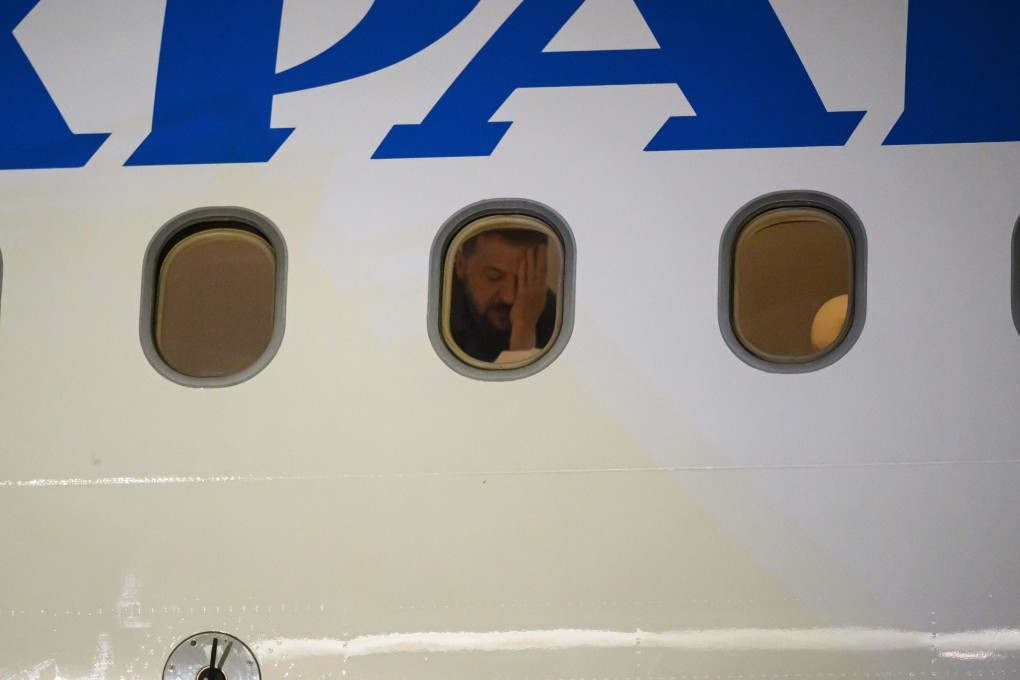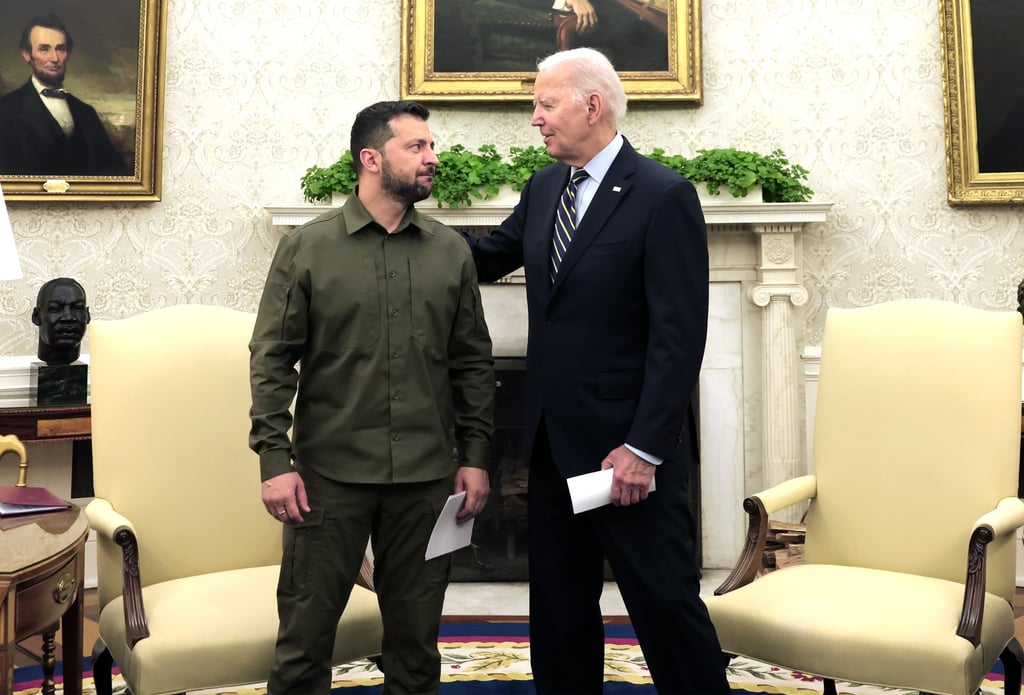Ukraine war: Zelensky showing the strain as allies turn up the pressure
- Ukrainian president’s outburst at the UN is a sign of more serious tensions building behind the scenes
- Diplomatic challenges multiply as allies pressure him to tackle the corruption that has long plagued Ukraine

The pressure is starting to take its toll on Volodymyr Zelensky.
The Ukrainian president allowed a dispute with one of his biggest allies to spin out of control at the United Nations General Assembly this week, and that’s just a hint of the tensions building behind the scenes.
Zelensky has been leading his country through Russia’s brutal assault for 19 months, all the time fighting on another front to wring the weapons and finance he needs from his US and European supporters.
Now he suspects that US President Joe Biden’s commitment is wavering and other leaders may be taking their cue from the United States, according to a person who met with him recently.

He grew very emotional at times during that discussion, the person said, and was scathing in his criticism of nations that he said weren’t delivering weapons quickly enough.
Ukraine’s allies are privately pushing the 45-year-old president to turn his attention to what kind of country will emerge from the war, even as his troops struggle for a breakthrough on the battlefield, according to other people familiar with the matter.